Donald Trump: US will build up nuclear arsenal
Tue 23 Oct 2018, 11:22:56
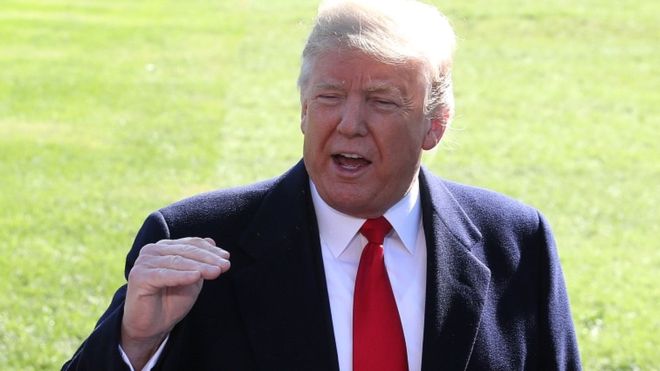
President Donald Trump has warned that the US will bolster its nuclear arsenal to put pressure on Russia and China.
Speaking to reporters, he repeated his belief that Russia has violated the 1987 Intermediate-Range Nuclear Forces (INF) treaty, which he has threatened to leave. Russia denies this.
The Cold War-era treaty banned medium-range missiles, reducing the perceived Soviet threat to European nations.
Russia has warned it will respond in kind if the US develops more weapons.
Mr Trump said the US would build up its arsenal "until people come to their senses".
He added: "It's a threat to whoever you want to include China and it includes Russia and it includes anybody else that wants to play that game... [Russia has] not adhered to the spirit of that agreement or to the agreement itself."
Meanwhile, US National Security Adviser John Bolton has been holding talks in Moscow after Russia condemned the US plan to quit the deal.
Mr Bolton was told that the US withdrawal would be a "serious blow" to the non-proliferation regime.
However, Russia's Security Council Secretary Nikolai Patrushev also said the Kremlin was "ready" to work with the US to remove "mutual" grievances over the INF.
As Mr Bolton began his visit, Moscow warned it would take steps to maintain the balance of nuclear power.
"We need to hear the American side's explanation on this issue," Kremlin spokesman Dmitry Peskov said. "Scrapping the treaty forces Russia to take steps for its own security."
What does the treaty say?
The INF treaty was signed by US
President Ronald Reagan and Mikhail Gorbachev, the last Soviet leader, in the final years of the Cold War.
President Ronald Reagan and Mikhail Gorbachev, the last Soviet leader, in the final years of the Cold War.
It banned ground-launched medium-range missiles, with a range of between 500 and 5,500km (310-3,400 miles), both nuclear and conventional.
On Sunday, one of the original signatories of the INF treaty, Mikhail Gorbachev, said a US withdrawal would reverse efforts made to achieve nuclear disarmament.
But the US insists the Russians have, in breach of the deal, developed a new medium-range missile called the Novator 9M729 - known to Nato as the SSC-8 - which would enable Russia to launch a nuclear strike at Nato countries at very short notice.
Moscow denies the missile breaches the treaty but Nato said in July that Russia had failed to provide any "credible answer" over the missile and concluded that "the most plausible assessment would be that Russia is in violation of the treaty".
Germany's foreign minister has described Mr Trump's planned withdrawal from the INF as "regrettable", and described the agreement as "hugely important, particularly for us in Europe".
But leaving the INF is also seen as a counter-move to China, which has not signed up to the deal and can therefore develop such weapons at will.
The decision could create uncertainty over the future of other disarmament agreements between the US and Russia, such as the New Strategic Arms Reduction Treaty which ends in February 2021.
The last time the US withdrew from a major arms treaty was in 2002, when President George W Bush pulled the US out of the Anti-Ballistic Missile Treaty, which banned weapons designed to counter ballistic nuclear missiles.
No Comments For This Post, Be first to write a Comment.
Most viewed from International
Most viewed from World
AIMIM News
Delhi Assembly polls: Owaisi leads Padyatra in Okhla
Feb 01, 2025
We reject this Waqf Amendment Bill: Asaduddin Owaisi
Jan 30, 2025
Latest Urdu News
Most Viewed
May 26, 2020
Which team will win the ICC Men's Champions Trophy 2025 held in Pakistan/Dubai?
Latest Videos View All
Like Us
Home
About Us
Advertise With Us
All Polls
Epaper Archives
Privacy Policy
Contact Us
Download Etemaad App
© 2025 Etemaad Daily News, All Rights Reserved.

.jpg)
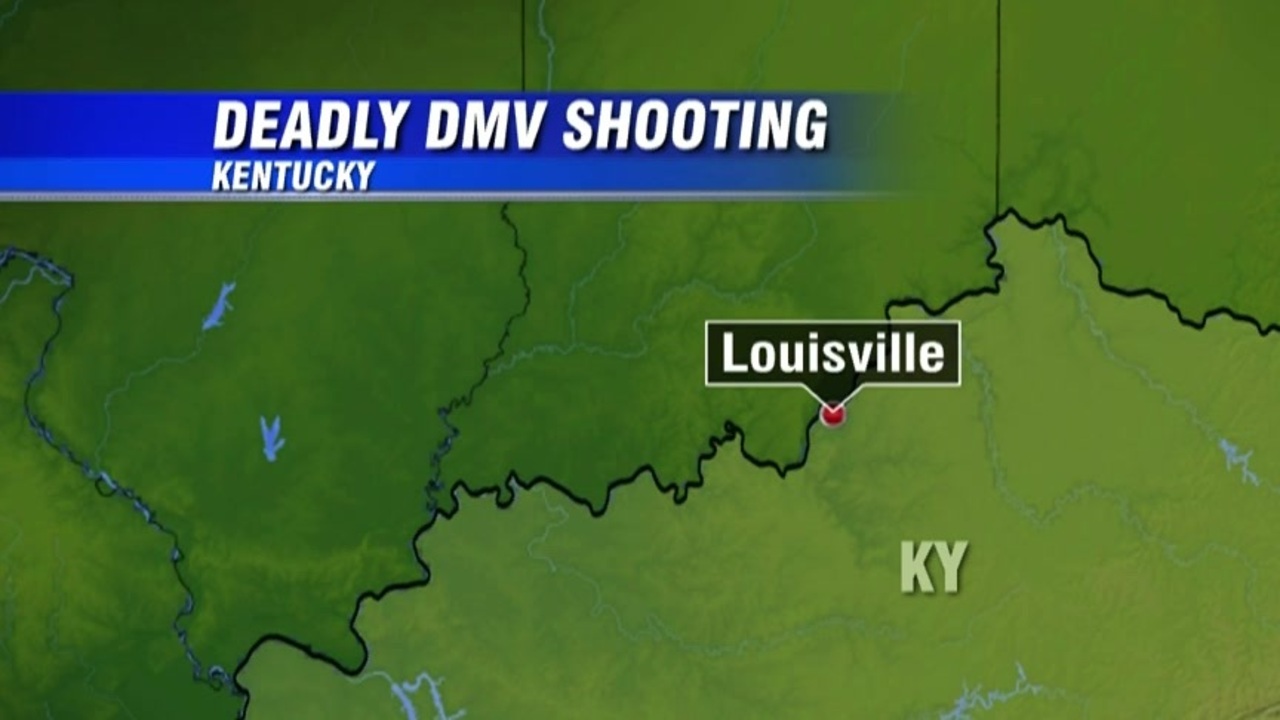

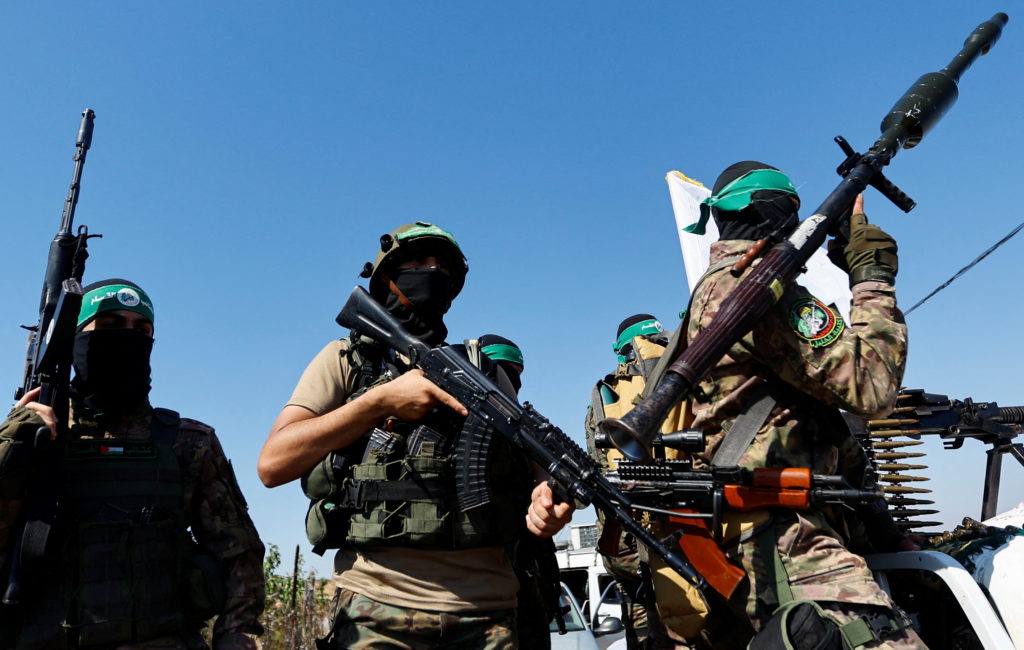
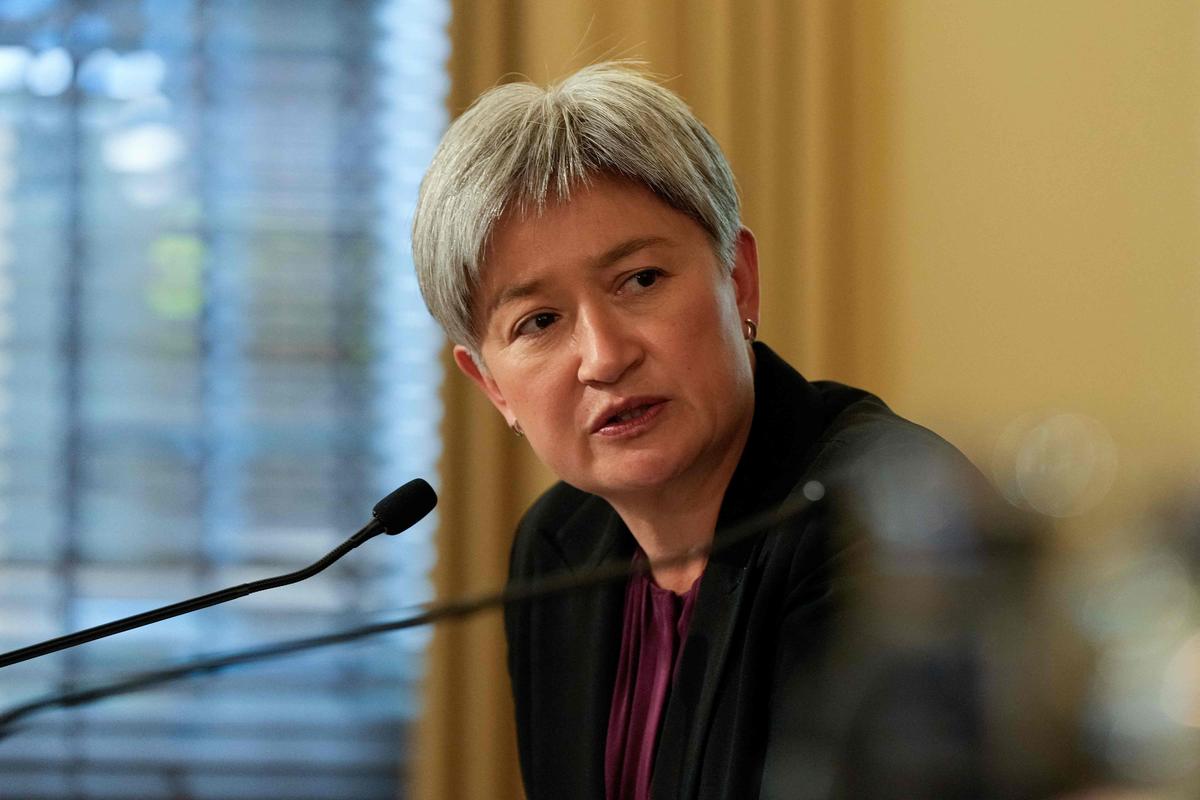
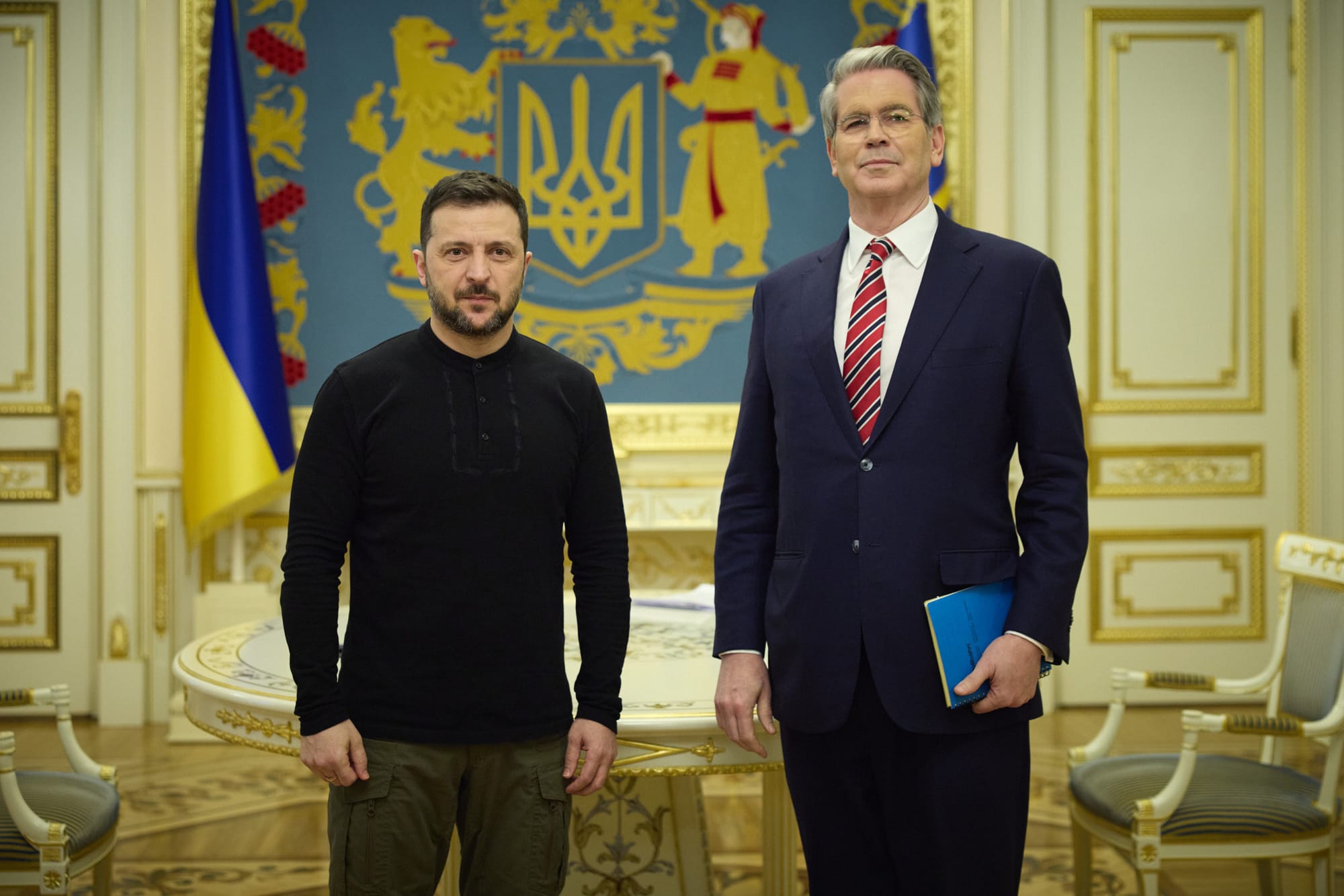


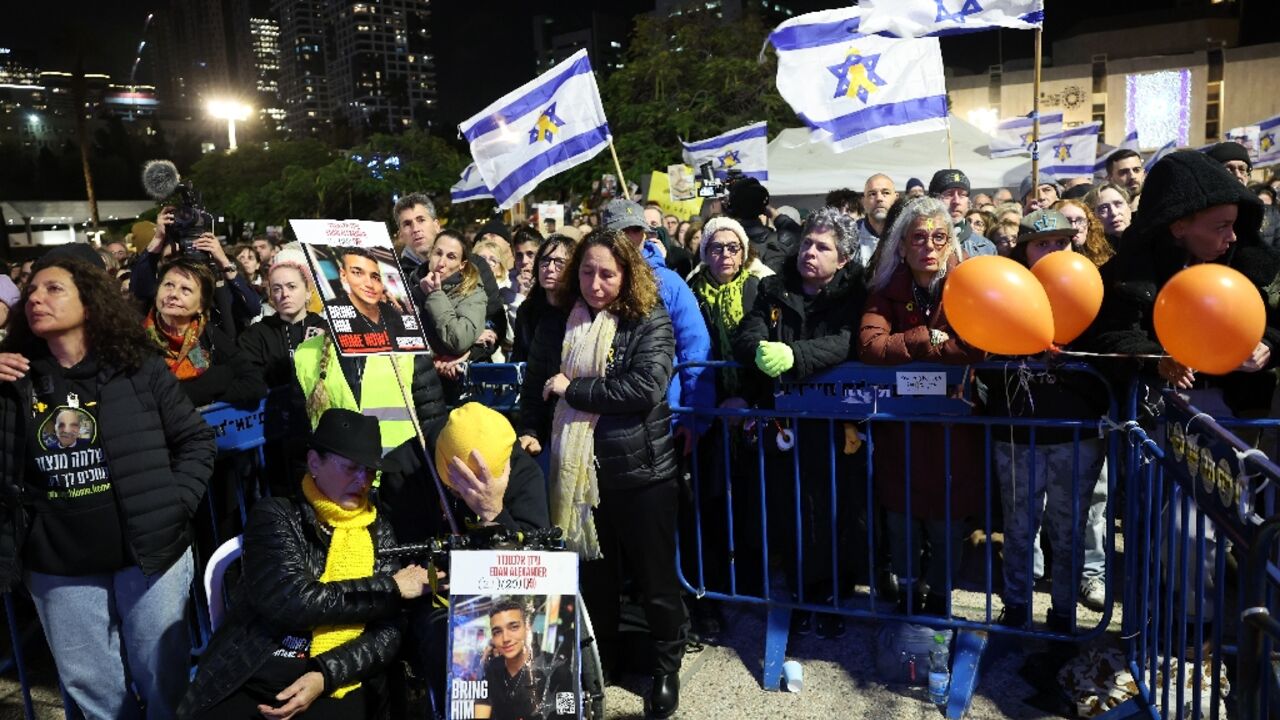
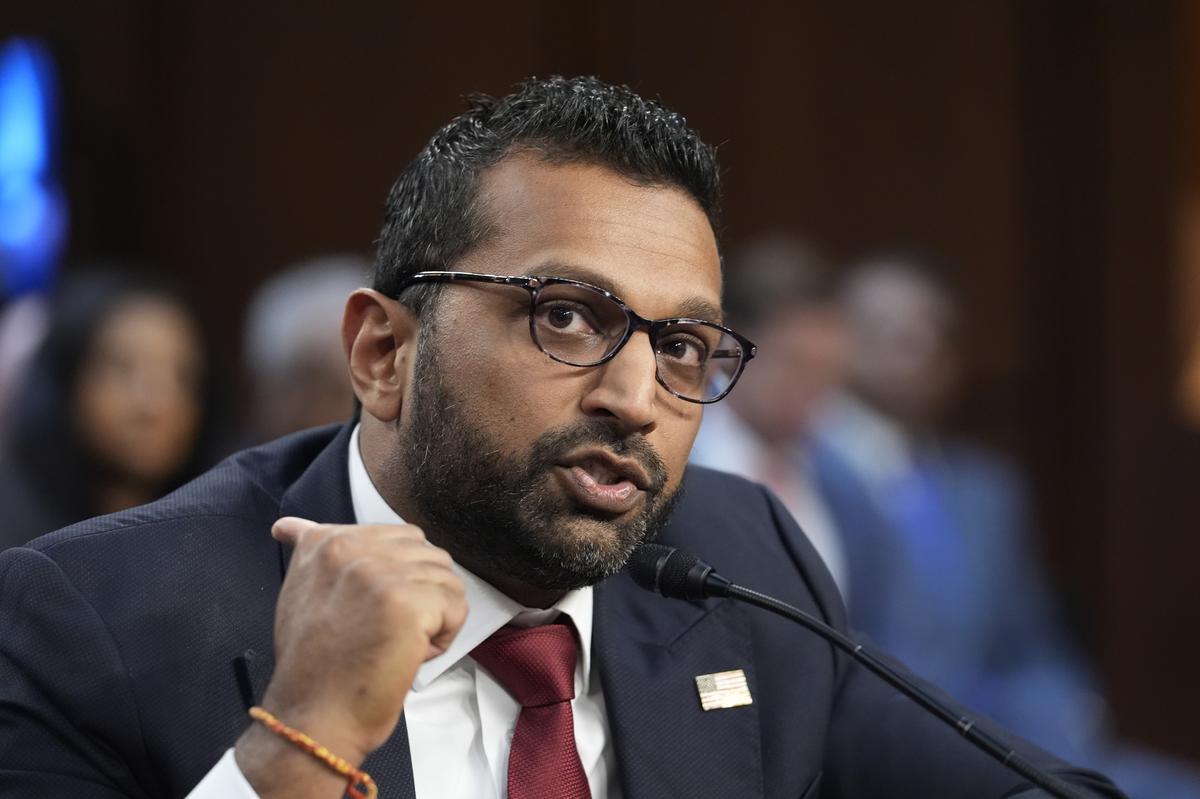
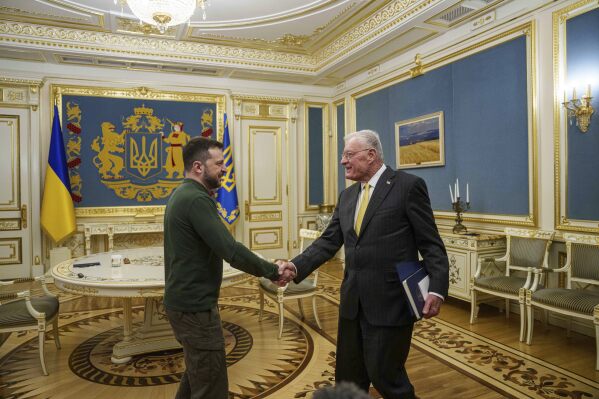
.jpg)
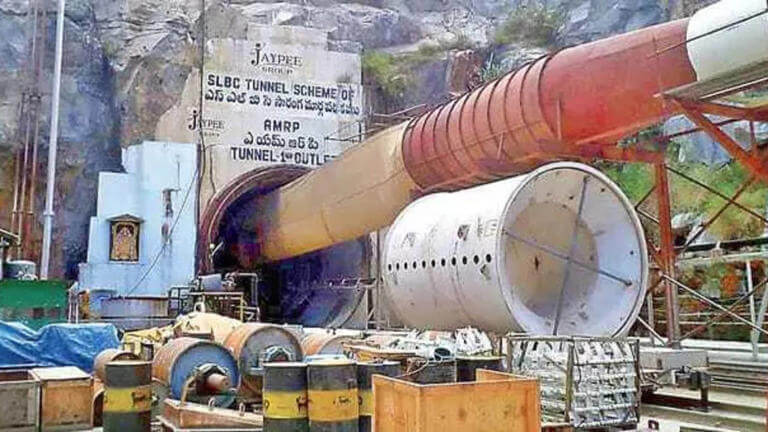
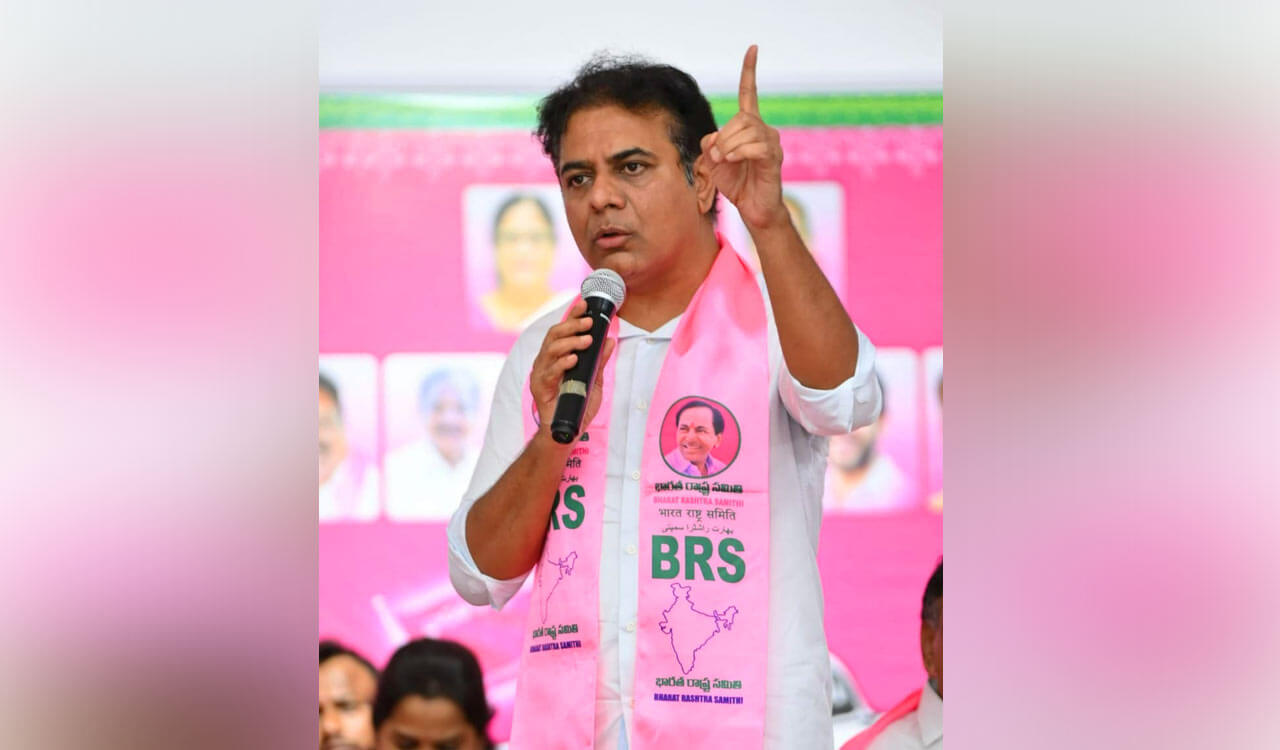



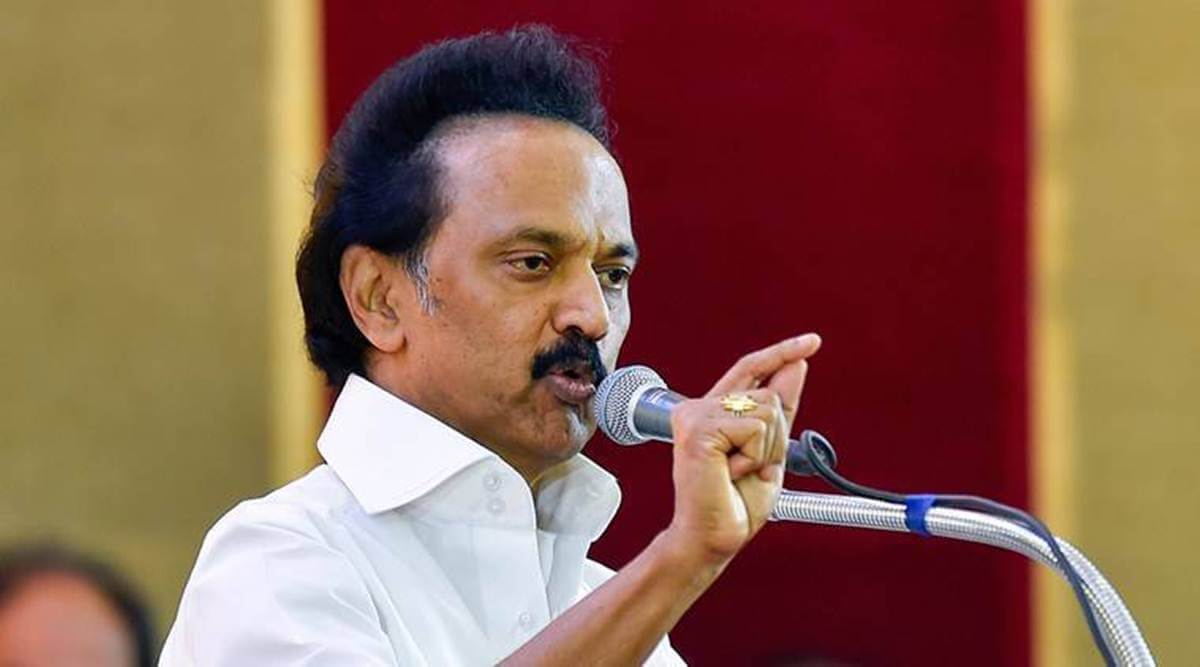

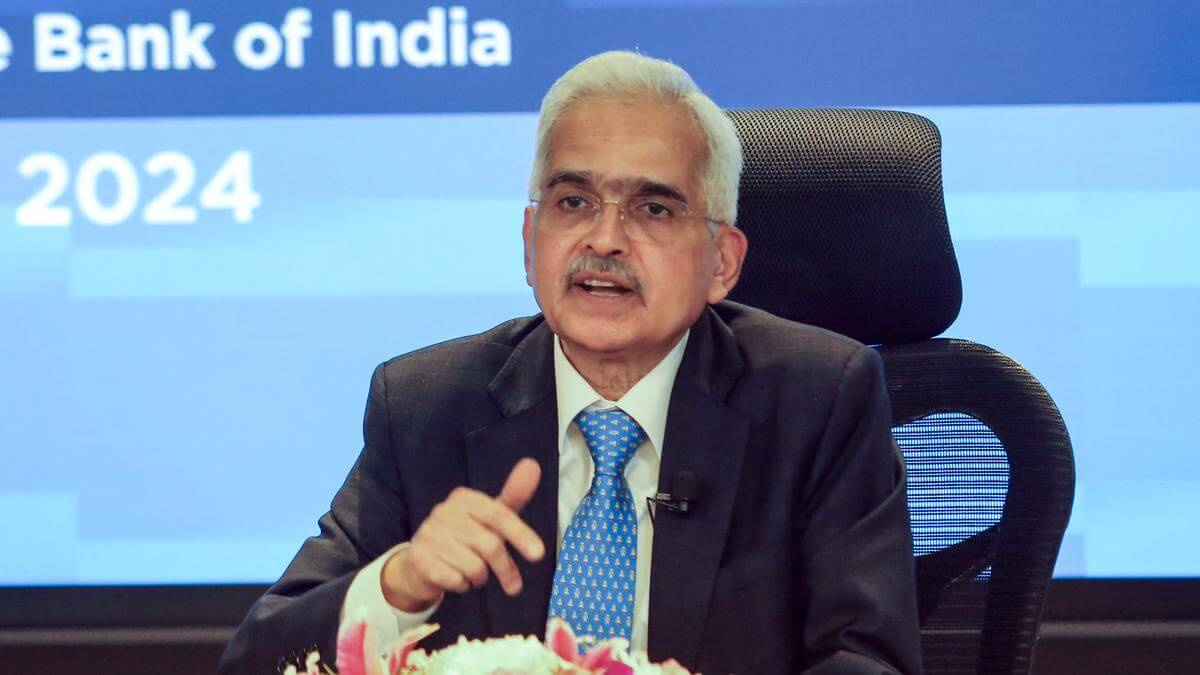
.jpg)
.jpg)
.jpg)
.jpg)

















